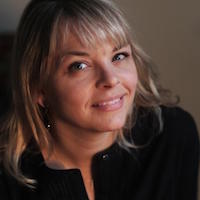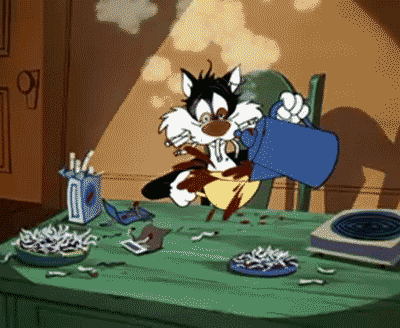
This week we hear from Louise Roug, global news editor at Mashable, about what her job has taught her about the industry and the skills she thinks are necessary to break into journalism.
What is your job title and what does that mean?
I'm the global news editor at Mashable, which means that a lot of things happen on my watch. My job is to direct what we cover both domestically in the US and overseas. Since we're not the BBC or the New York Times, and we don't have a public service obligation, we have the great luxury of choice – deciding not just what to cover but also what we're going to pass on.
We try to be creative, making sure that we're continually experimenting with both storytelling and platforms.
How did you get started in journalism?
During the war in Bosnia, I worked in a refugee camp in the Balkans. I was 19 and I met so many people whose stories I wanted to tell. I also knew I wanted to travel and so, after finishing my studies in London, I went to New York to study journalism at Columbia University.
I grew up in Europe but I’ve lived in New York, California, the Middle East and the Midwest. I really believe that, as Mark Twain said, travel is fatal to prejudice, bigotry and narrow-mindedness. For a journalist, having an open mind is important. It’s generally better – and more fun – if you don’t know the answer to your questions.
What do you most look forward to at the start of your day?
I really like our 9 am editorial meeting at Mashable. I’m always amazed by the great work that everyone’s doing, and my colleagues aren’t just whip-smart – they’re really funny, too. They always make me laugh.
What does a normal day look like for you? In emoji.
I prefer GIFs. This illustrates the working day of most journalists I know. (h/t Anthony Quintano, social media manager at the Today Show)

What three tools or apps do you use the most for work?
Tweetdeck, Slack, Omniture.
What would you focus on if you were training as a journalist now?
Data literacy and coding.
What skills do you think are important to your role?
Curiosity but also critical thinking – always asking questions such as ‘what’s our angle?’ and ‘is this too good to be true?’
What has your current job taught you about the industry?
As journalists, we tell stories to make sense of the world and in recent years storytelling has become both more creative and more democratic. I’m very bullish about our industry – my biggest frustration is that there are not enough hours in the day to catch all the great work that everyone’s doing.
What would you say to someone applying to work at your organisation?
Be fearless and creative.
What is the best piece of advice you have ever been given?
Ink runs in the rain. When taking notes, use a pencil not a pen.
Next week, we'll be hearing from Paul Smalera, Ideas editor at Quartz. In the meantime, check out our previous Q&As with industry experts.
Free daily newsletter
If you like our news and feature articles, you can sign up to receive our free daily (Mon-Fri) email newsletter (mobile friendly).
Related articles
- UK journalism still has a problem with working class
- How to create viral news videos
- How The New Humanitarian covered the Lebanese economic collapse using WhatsApp
- Trauma reporting tips for journalists: telling stories of Afghan refugees
- How publishers can use audio to spark greater audience engagement









